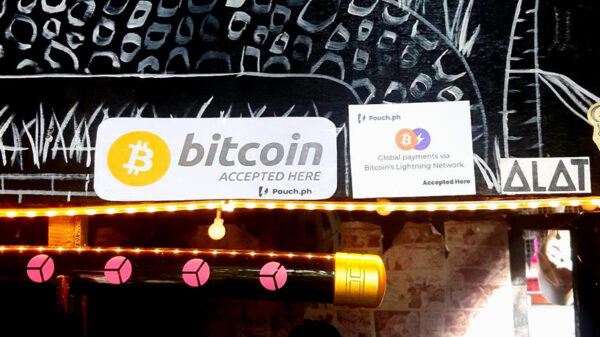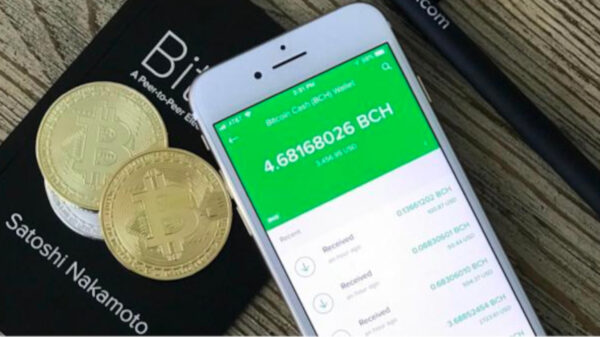The Monetary Board (MB) of the Bangko Sentral ng Pilipinas (BSP) has approved the regulatory framework for virtual currency (VC) exchanges and similar entities operating in the Philippines. Bitcoin is the most popular virtual currency.
In a press release, the BSP said the regulatory framework is consistent with central bank’s policy “to provide an environment that encourages financial innovation while at the same time ensuring that the Philippines shall not be used for money laundering or terrorist financing (TF) activities, and the financial system and financial consumers are adequately protected.”
The central bank says that VC-based payments and remittance transactions, estimated at around US$5 to 6 million per month for certain major players, are rapidly growing in the country.
The new regulation, a pioneer in Asia, seeks to balance the interests of promoting technological innovations with the potential to improve the level of inclusion and efficiency in the financial system, and to proactively address emerging risks to the system arising out of these new technologies.
Specifically, the framework does not cover VC creators but only focuses on entities facilitating the conversion or exchange of any VC into fiat currency or vice versa. Such VC exchanges serve as the crucial link of VCs with the financial system.
Conceptually, these VC exchanges are considered to be and are similarly treated as companies offering money or value transfer services. The latter are classified as remittance and transfer companies (RTCs) under the new BSP framework for money service businesses.
Thus, the basic requirements for RTCs such as, registration, minimum capital, internal controls, regulatory reports and compliance with the Anti-Money Laundering Act, as amended, and its implementing rules and regulations, shall likewise apply to VC exchanges. The approach is essentially aligned with the June 2015 Financial Action Task Force Guidance for a Risk-Based Approach to VCs. It also promotes a level regulatory playing field for financial service providers performing similar services.
VC exchanges are required to execute a Deed of Undertaking to implement, among others, minimum standards of consumer protection. Transactional requirements for large value pay-outs were also adopted to manage ML/TF risk.
Finally, technology risk management is a minimum requirement for VC exchanges given the nature of their business.
Major violations of specific provisions of the VC exchange regulatory framework as well as non-compliance with the Deed of Undertaking will be penalized and may result in cancellation of the BSP Certificate of Registration or other applicable sanctions depending on the gravity.
BSP-registered financial institutions, particularly banks, are prohibited from dealing with unregistered VC exchanges or similar entities.


















































































































